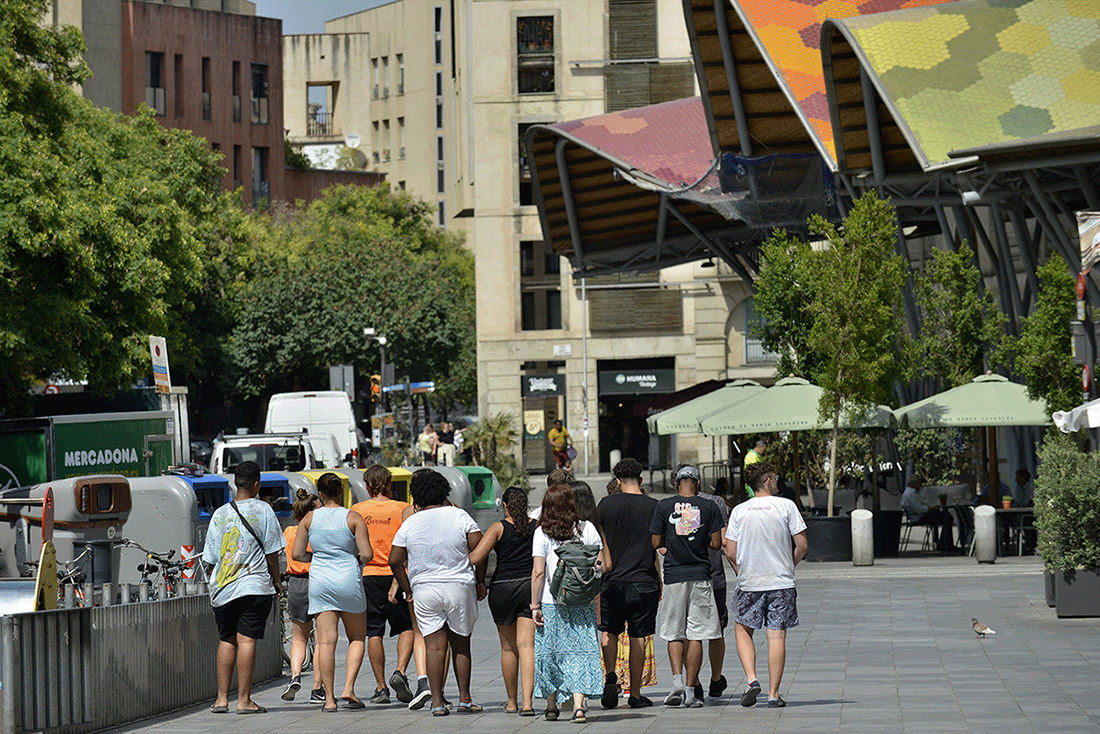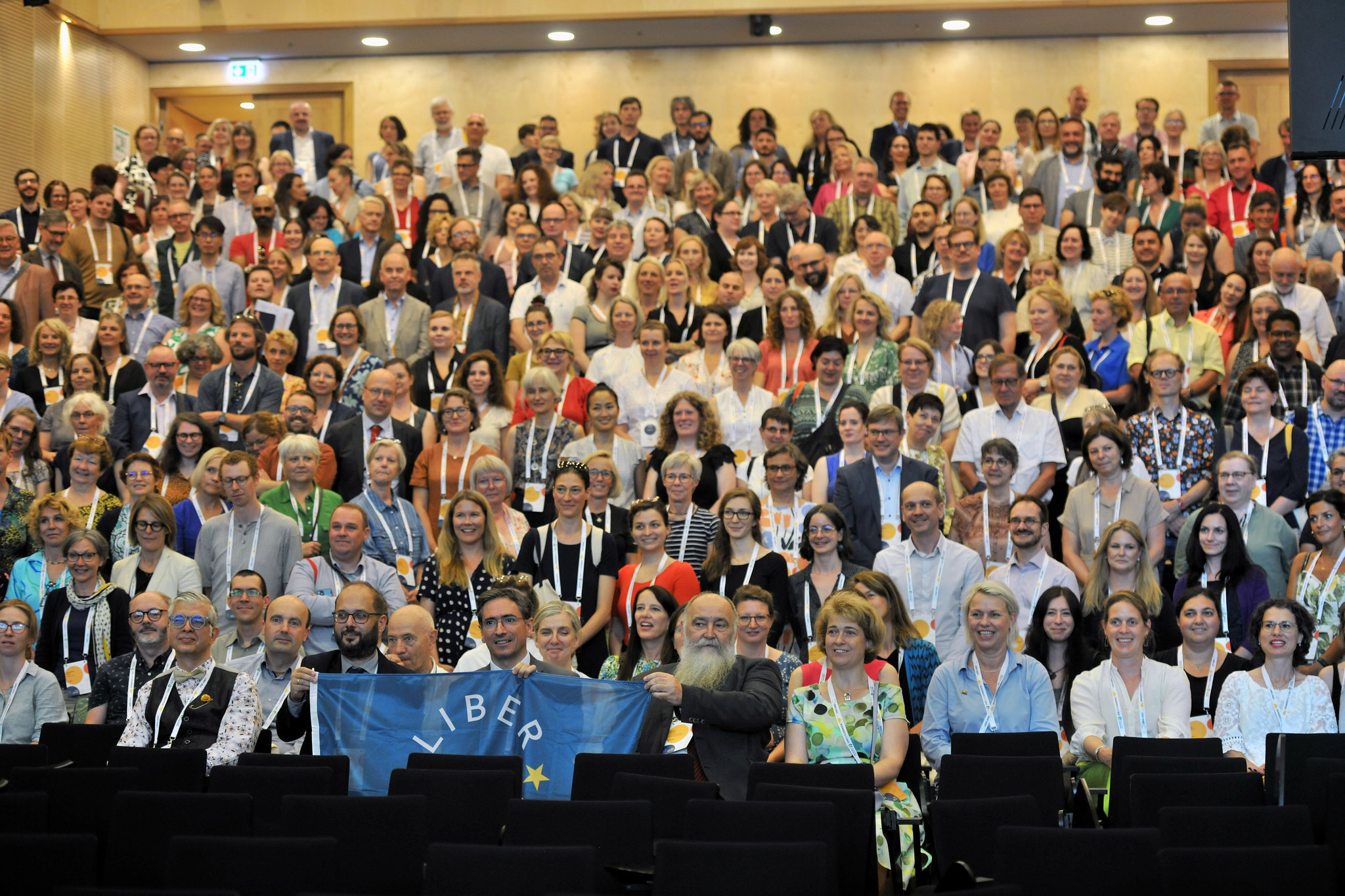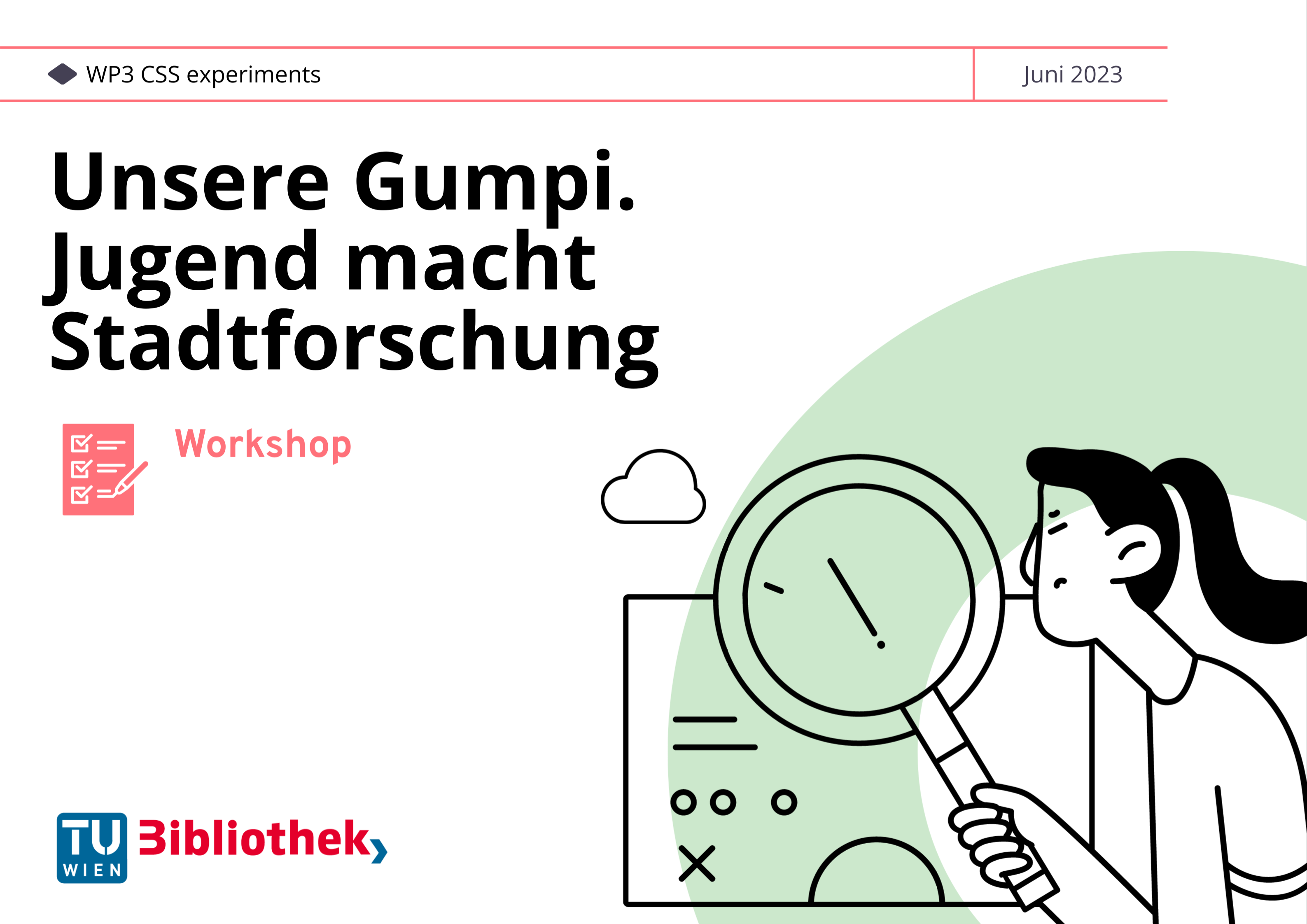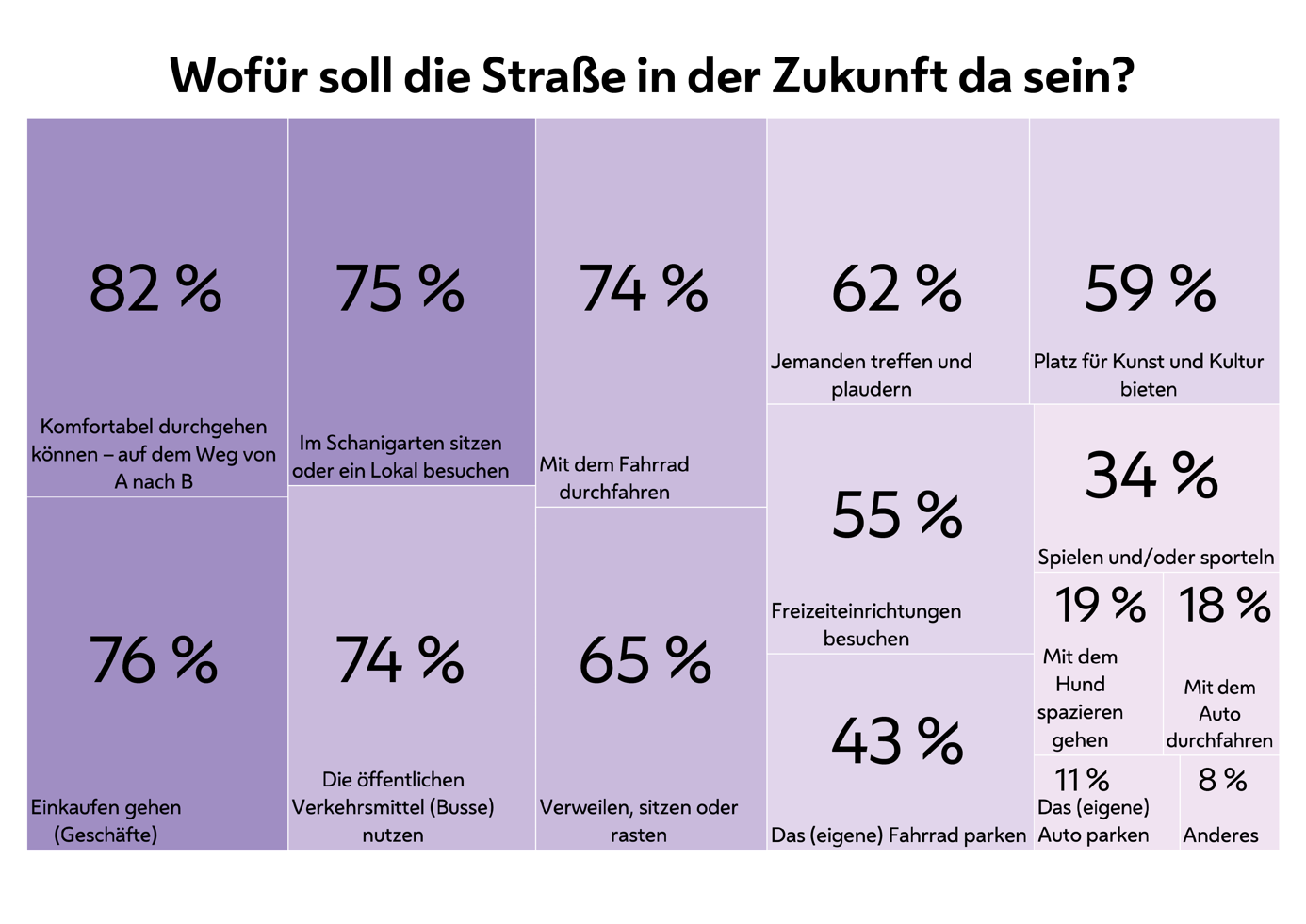
- Details
- Written by: Phoebus Panigyrakis
- Category: Uncategorised
- Hits: 1000
12 youth people aged 16-18 were the first citizens involved in the “Cròniques de la Calor” (Heat Chronicle) Citizen Social Science project. Their participation was articulated through the Fundació Comtal, a civil society organization that accompany children and young people in their social, educational and emotional growth in a specific Barcelona neighborhood. During the summer, they guarantee access of the kids and youth to leisure during the summer holidays, offering an inclusive, healthy and fun space outside the school year.
In this frame, we organized two workshops that were held at the Fundació Comtal premises, with the youth participating to the July summer camp. The sessions were designed so that the youth could shape the research according to their lived experiences in the neighborhood. This included a collective mapping process to investigate the most relevant public spaces for them and the heat sensation they were experiencing when visiting them. The youth also realized a walking journey where they measured the temperatures with low-cost sensors. After a first exploration of the results, they will be collectively interpreted and discussed in during the September month.

- Details
- Written by: Sebastian Harnacker
- Category: Uncategorised
- Hits: 1033
The TU Wien library participated in the annual LIBER conference 2023 in Budapest. As a part of LIBER's Citizen Science Working Group, we’re developing guidelines for implementing Citizen Science in research libraries. This way, we’re advocating Citizen Science as one of the eight pillars in the League of European Research Universities’ (LERU) roadmap towards Open Science. In our working group meeting, we engaged in a lively discussion about our strategic directions, upcoming events and skilling for library staff. In a well-attended Pre-Conference Workshop at the Hungarian Academy of Science librarians and researchers were shown ways to develop a single point of contact for Citizen Science at their library, form sustainable partnerships and build a community of practice.
Find more information about the LIBER Citizen Science Working Group's activities at: https://libereurope.eu/working-group/liber-citizen-science-working-group/

- Details
- Written by: Phoebus Panigyrakis
- Category: Uncategorised
- Hits: 1087
In the context of the redesign of Gumpendorfer Straße, not only experts but also citizens were invited to contribute their ideas to the planning process. In this participation process, it became apparent that the age group under 20 was underrepresented. The TU Wien Bibliothek and its research team therefore held a total of three workshops with students in May and June to collect and discuss their ideas and perspectives.
The goal of the project is to make the TU Wien Bibliothek an open place for exchange between science and society. With the Citizen Science experiments in the context of WP3 we want to collect basic experiences that will help us to promote this exchange.
At the same time, the participation process will be complemented with the ideas and needs of young people, making it more representative for all residents of the district of Mariahilf in Vienna.
During the workshops we worked out the research question together with the students and collected their needs and suggestions for the redesign of Gumpendorfer Straße.
- Details
- Written by: Phoebus Panigyrakis
- Category: Uncategorised
- Hits: 1029
In the Citizen Science experiment "die GUMPI_forschung", the planning and participation process "future-proof Gumpendorfer Straße" is being expanded to include the perspective of single parents. Critically reflecting ecological and social justice, possibilities of participatory research in urban development will be explored.
The experiment is now reaching out to single parents. You can find all information on the projects website.
Photo credits: Tamara Bauer

- Details
- Written by: Phoebus Panigyrakis
- Category: Uncategorised
- Hits: 1008
In an online survey, the district collected concerns and ideas. 1.375 people took part. About two thirds of the participants live directly in or in the neighbourhood of Gumpendorfer Straße. More than half of the participants use the road every day. In addition to the survey, people were asked for their opinion directly on the street. Talks were held with more than 400 people on 12 dates. The suggestions, concerns and ideas are the basis for the next phases of co-creation. A summary of the first results is online.
The accompanying CS experiments will use some of the data for the work with co-researchers.
Photo credits: first results: usage requests for the future, PlanSinn
